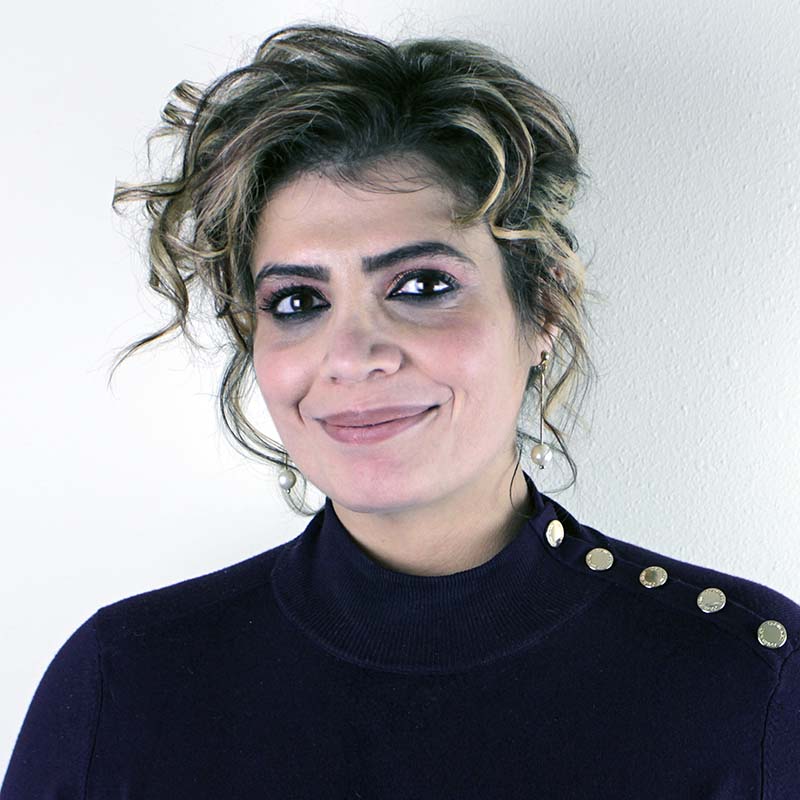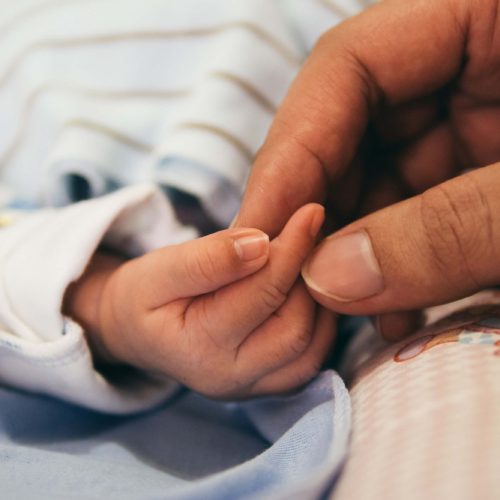Imagine a baby crying with no response from the mother, father, or caregiver that is responsible for the infant. The baby’s cries go unanswered until the infant stops trying and begins not to make eye contact, or have much response to the world. The idea of any person not wanting to, or unable to, because of trauma within themselves, respond to the cries or needs of an infant creates a despair in most people that could fill the Grand Canyon.
Now imagine a therapist trained in Infant-Parent Psychotherapy (IPP), having to sit there and watch the caregiver not respond, and the baby’s needs go unanswered. Sitting there is an incredibly difficult task and requires unmeasurable strength and trust in one’s training. To pick up the baby would undermine the goal of getting the mother to respond, to repair that rupture in that bond.
IPP is a dyadic, relationship-based treatment, for parents and infants, that is designed to repair and improve the parent–child relationship in the wake of incidences of domestic violence and trauma, including maltreatment and neglect of the child. IPP provide nurturing, consistent, predictable care through culturally sensitive, relationship-based, and developmentally informed psychotherapy.
The goal is to create a positive bond at an early age (0-3 years of age). The strength and health of that attachment are crucial to how the child will develop emotionally and socially, ensuring good infant mental health and aids in preventing and treating mental health problems of the very young and their families.
The therapist obtains this goal by observing the infant and mother at home over the course of a year; the treatment can be shorter or longer than a year, depending on the needs of the family. Observation is supportive, non-judgemental of the mother’s distorted perception, due to her upbringing. The therapist shows respect and empathy and helps parents create a coherent narrative regarding the care they received as a child, and how that influences the care they give to their child. The parent can then see the differences in the past and the present, make better decisions, and create a more positive bond with the infant.
Ruptures in bonds can be healed with IPP by utilizing a parallel process where the supervisor, the therapist, the caregiver and the infant all work together in interchangeable pairings to repair the relationship; attuning to the needs of both the caregiver and the infant.
Observation and interpretation of behaviors and emotions, regulating the caregiver/parent so, in turn, they can provide care for the infant is all part of IPP. It supports the caregiver in self and co-regulation, healing past wounds, and provides psychoeducation on the needs of the infant.
When the infant-parent attachment is repaired and strong, the infant grows up secure in the bond. The more secure children are, the more they enjoy happiness with their parent, have less fear of anger, turn to their parents for help, but also they learn to solve problems on their own. Children with secure positive parental attachment get along better with peers and have lasting friendships; they work through differences, relationships with siblings in stronger, and they have higher self-esteem. They also trust that the is usually an answer to most problems, they trust in better times, they trust loved ones, and they know how to be compassionate to people around them.
For more information or resources on IPP, http://www.circleofsecurity.net/, http://circleofsecuritynetwork.org/, and https://www.zerotothree.org/ are excellent sites to further your education.
Sage is fortunate to have one the best infant-parents psychotherapist, Rachel Jarvis.

Clinical Director Therapist
Lana Reihani, LPCC, is a Clinical Mental Health Therapist, Clinical Supervisor, and Clinical Director with Sage Neuroscience Center. She is passionate about strengthening evidence-based clinical practices with radical empathy and a touch of humor, delivered with safety, equality, and diversity in mind. In her free time, Lana loves to learn, cook, find the best light for selfies, share amazing memes, and watch trashy reality TV.
Read Lana Reihani’s Full Bio | Browse All Articles Written by Lana Reihani, LPCC
